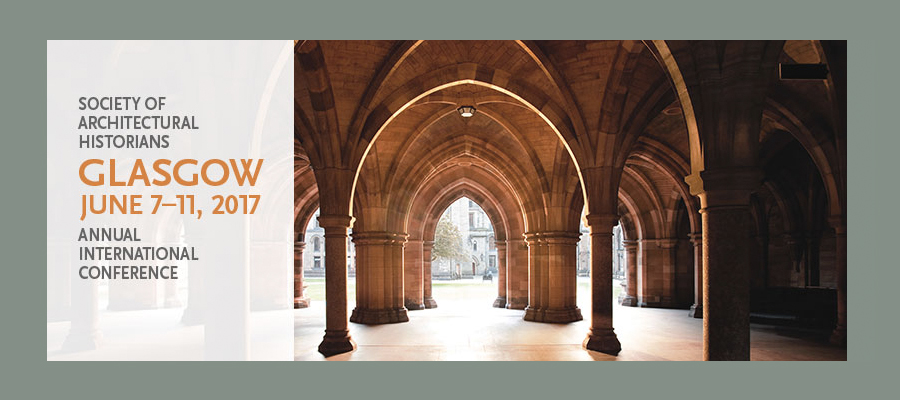Mediterranean Cities in Transition, Society for Architectural Historians 2017 Annual Conference, Glasgow, June 7–11, 2017
Mediterranean cities with long histories preserve the physical evidence of their role as economic and cultural hubs. The historic complexity of their contemporary state reveals their transition through time, with the medieval and early modern period frequently setting the foundations for subsequent growth and development. As cities change through time, historic layers often gain renewed importance or reemerge by archaeological excavation, mirroring new cultural sensibilities, ideologies and social needs. The experience of historically layered architectural heritage, particularly the medieval, is an integral component of the fabric of Mediterranean cities. But a building’s value today is often different from how it was valued at the time it was built or experienced through time. The material object connects past and present in a deeply meaningful way, but it does so on new and ever changing terms. Therefore, making connections between past and present can pose challenges as contemporary residents try to determine the role of the historic fabric in contemporary rapidly growing cities.
We invite papers that will consider the city as a heritage field:
- How and why does medieval fabric survive to the present?
- How does this fabric of monuments, architectural tissue (walls, gates), urban spaces, and services (water supply, sewage) serve as a resource for the present? Is the value utilitarian, in the sense of a usable palimpsest, or is it valued because of how it is interpreted?
- Does medieval architecture guide the city’s subsequent character? If so, does the old footprint pose a limit to growth, its narrow streets and enclosure walls impeding the city’s entry into modernity, or in contrast, does heritage fabric enrich a city’s sense of identity, cultural vigor, and connection to its own place?
- What is the role of medieval architectural heritage in the context of contested and divided urban space?
Session Chairs
D. Fairchild Ruggles, University of Illinois, Urbana-Champaign
Nikolas Bakirtzis, The Cyprus Institute
